This past spring, Spur Local hosted two Communications and Civic Engagement interns from the UCDC program, including Blanca Melchor. Here, Blanca shares her internship experience.
Where Growth Meets Purpose: My Time at Spur Local
Written by Blanca Melchor
Interning at Spur Local has been one of the most transformative experiences of my professional journey so far. What makes this place so special is not just the work itself–though that’s powerful–it’s how the organization creates a space where you can grow, explore, stumble, and rise at a pace that honors your well-being.
Spur Local offers something that’s rare, especially for young people just entering the professional world: the chance to step into the realm of corporate life–managing deadlines, juggling communications, being part of campaigns and real deliverables–but without the burnout that too often comes with it. The pace here is intentional. You’re allowed to take breaks. You’re encouraged to check in with yourself. And most importantly, you’re reminded that your voice and your health matter just as much as your productivity.
And yet, that doesn’t mean the work is any less impactful. In fact, it’s the opposite. Every single day, I got to be part of work that’s truly trying to change the world–starting at the local level. The nonprofits Spur Local partners with are doing extraordinary work: helping refugee families find housing, providing arts education in underfunded schools, offering legal aid to those who can’t afford it, feeding seniors, mentoring students, and building economic power in marginalized communities. It’s easy to assume that local work only has local impact, but this experience shattered that notion for me. What I’ve learned is that local work is national work. It’s global work. These small but mighty actions spark change that ripples across cities, states, and even countries. They create pathways that others can follow. They become blueprints for equity and justice.
Working here helped me see how much is happening behind the scenes–how many people are out there, fighting every day for things we often take for granted: safety, opportunity, dignity, access. I got to witness and uplift stories that rarely make the headlines but hold deep meaning and power. These are the kinds of stories that change perspectives, that humanize policies, that move people to act.
Through all of this, I was surrounded by a team that really embodied what it means to support and uplift one another. When I struggled, they were patient. When I had an idea, they listened. When I needed guidance, they offered it. That kind of environment gave me the courage to take initiative and trust myself more. It gave me the room to lead–and the safety to learn when I didn’t have all the answers.
This internship taught me that professional development doesn’t have to come at the cost of personal care. That the best work happens when you’re seen as a whole person, not just a role. And that small teams, doing intentional work, can move mountains.
And that truly profound, movement-building work often comes from the places you least expect–not only massive organizations with endless resources, but also small, focused teams driven by purpose and heart. Spur Local has never strayed from its values. Here, the mission stays rooted in community, the work remains people-centered, and the impact is felt far beyond what their size might suggest.
Spur Local didn’t just teach me skills–it reshaped how I see myself, my community, and my responsibility to the world around me. I’ll carry that with me wherever I go next.

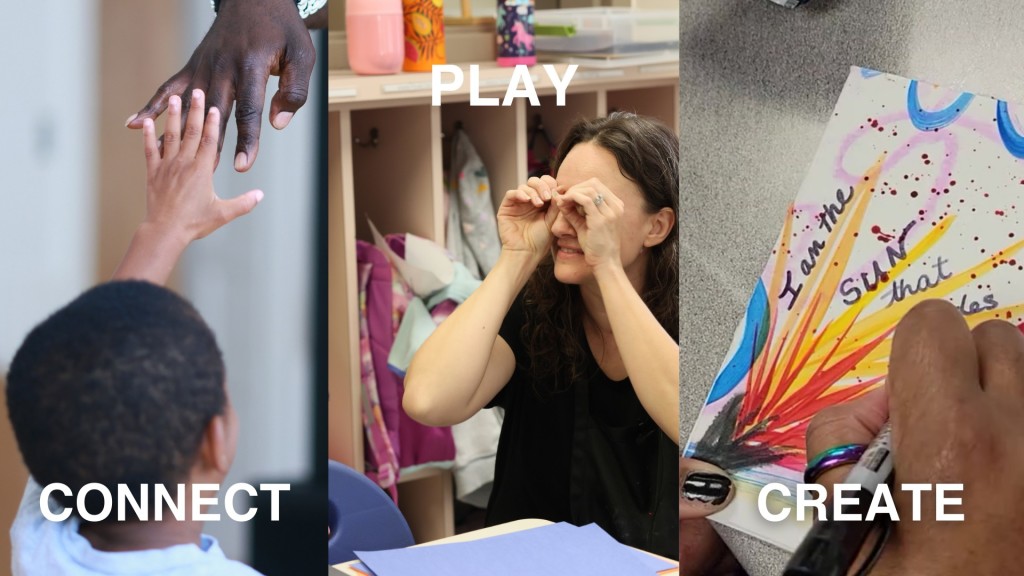
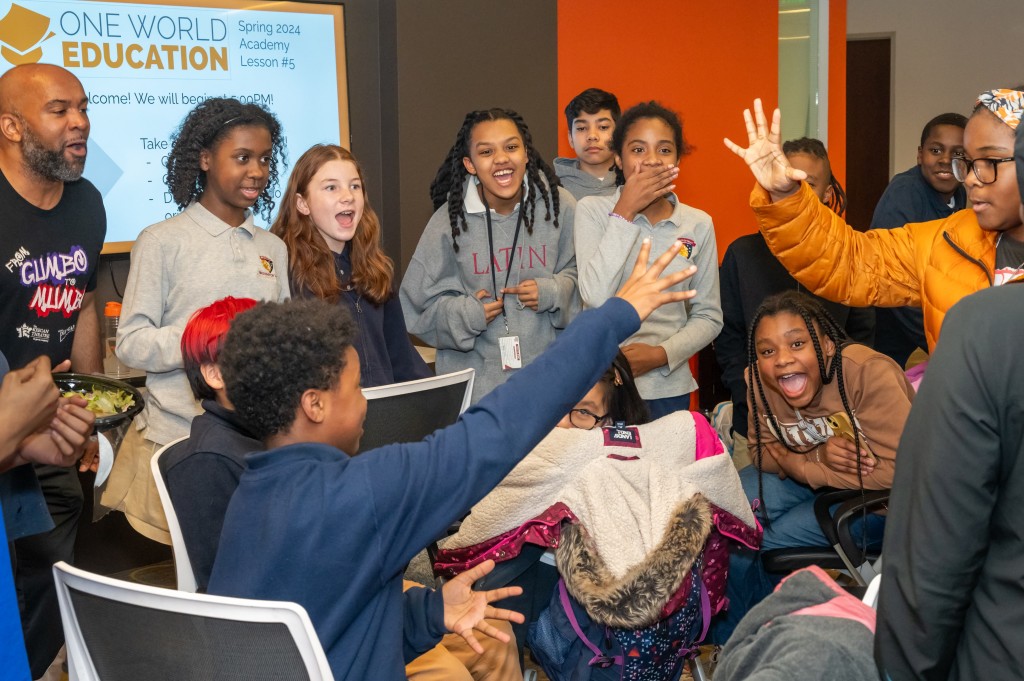
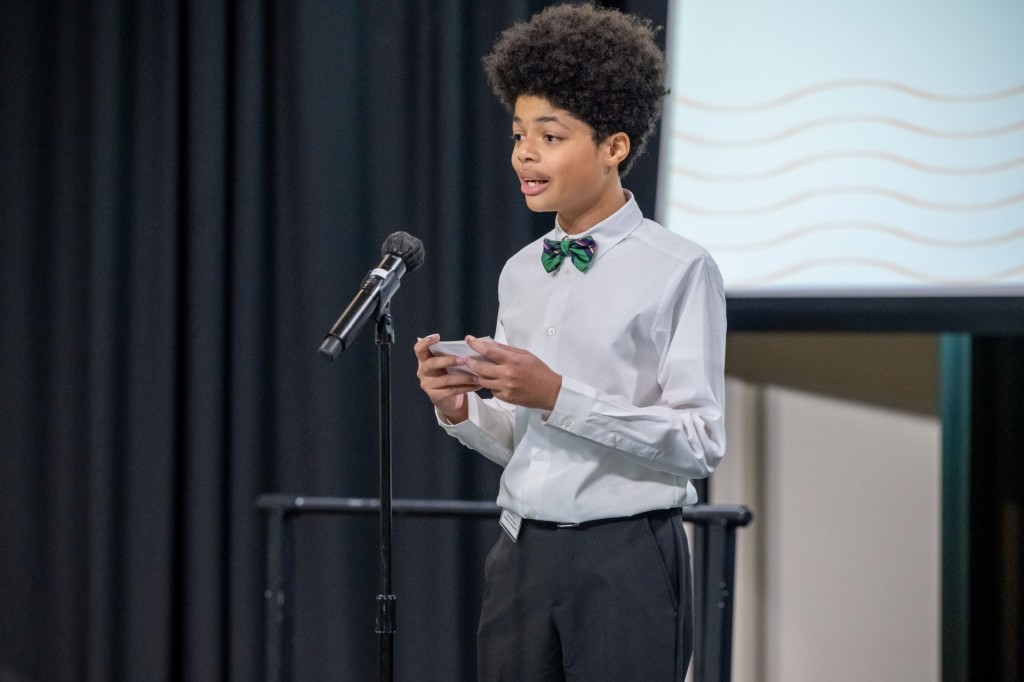


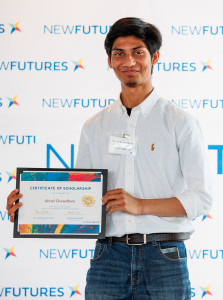
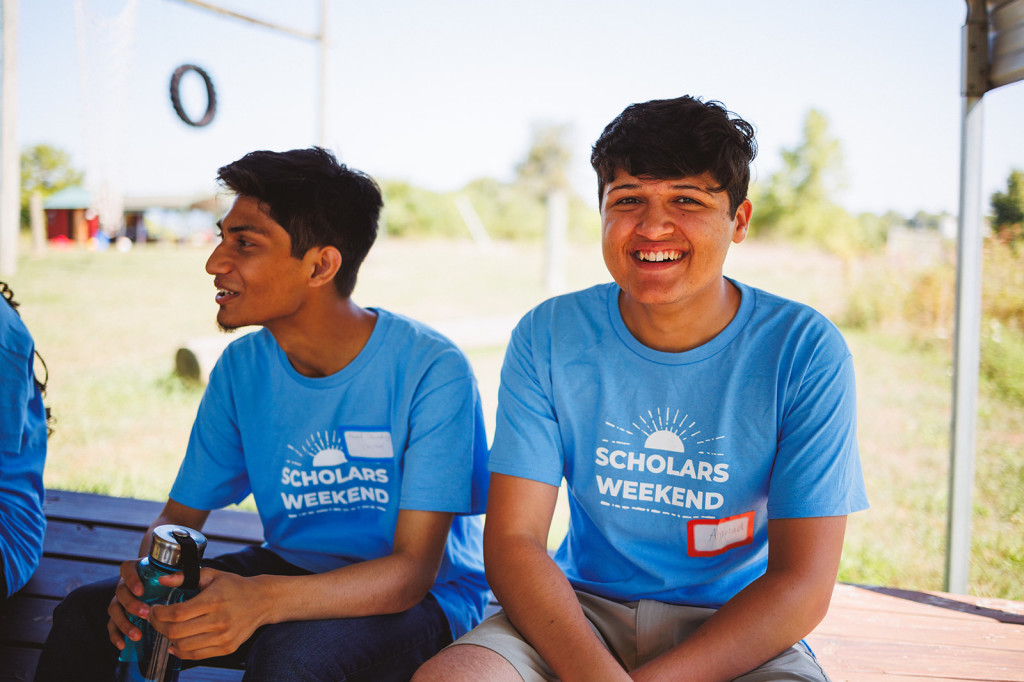

 “I think there is a lot of room for growth and it is an opportunity for me to take interest in other areas of experience,” said Nadia Dennis, another BroadFutures DC intern. During her internship this past summer, she supported various types of project management projects and initiatives at CBRE, a global leader in commercial real estate services and investments, and also a long-time BroadFutures supporter and employer partner. “One thing I have learned so far at my internship is the logistical details of leasing and property management tasks, and I like that because it is not my area of interest or studies… I look forward to taking skills into future workplaces.”
“I think there is a lot of room for growth and it is an opportunity for me to take interest in other areas of experience,” said Nadia Dennis, another BroadFutures DC intern. During her internship this past summer, she supported various types of project management projects and initiatives at CBRE, a global leader in commercial real estate services and investments, and also a long-time BroadFutures supporter and employer partner. “One thing I have learned so far at my internship is the logistical details of leasing and property management tasks, and I like that because it is not my area of interest or studies… I look forward to taking skills into future workplaces.”